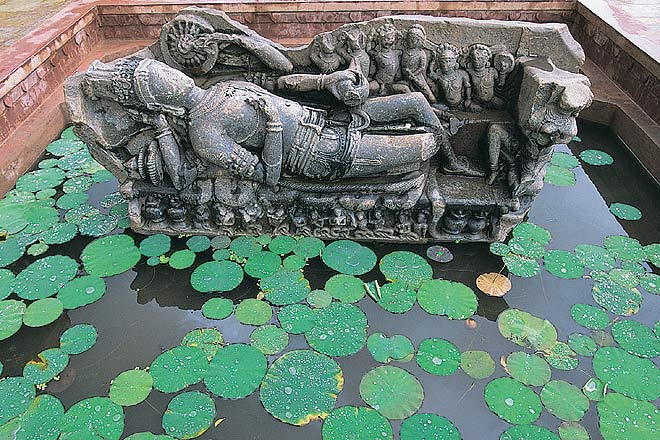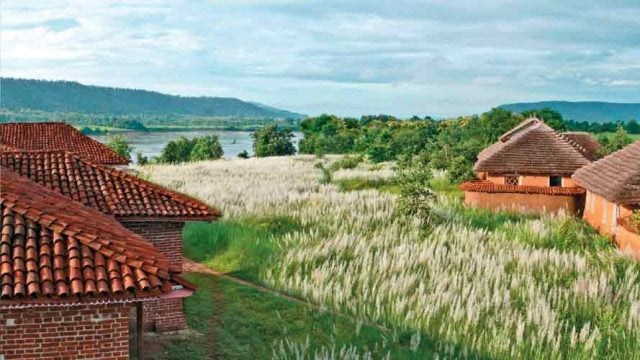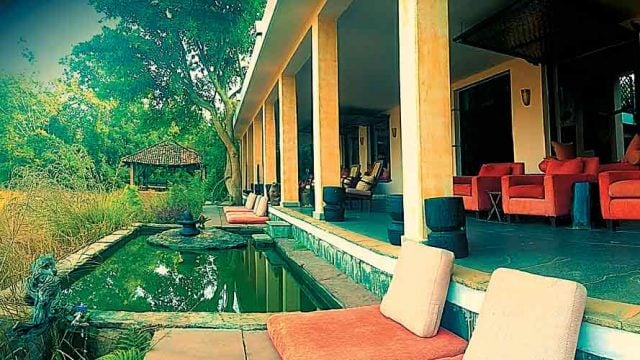It was like rescuing a story from a government press release. Or in
I’d seen the ruins on a previous visit. This time, I was looking for stories. I needed historical accounts; all attempts to source them in Indore were frustrated. On reaching Mandu, I was referred to the most knowledgeable guide. Yes, he had the books, but no, he wouldn’t lend them to me. His preferred sources were RSS handouts. An impromptu recitation of the RSS prarthna and Rs 200 helped convince him that knowledge increases when shared.
Fortified with accurate information and a guide with a rich imagination (and several historical wrongs to right), I saw a different Mandu. The grand structures spoke loudly of the sultans. My favourite spot wasn’t the Rupmati Pavilion, blown out of all proportion by MP Tourism. It was Hoshang Shah’s tomb, India’s first all-marble structure. Scattered among the ruins were amazing stories of influences from China to Africa. And the monsoon provided a rare sensory experience in the water-light show.
It was the first time I had to do a ‘piece’ in the first person but an inscription left by Akbar gave me my first line.
The information
In the medieval world Mandu, about 100km from Indore, was the largest fortified city.
What to see
The view from the edge of the Malwa plateau is astonishing, and among the many magnificent ruins is the Jahaz Mahal, the Hindola Mahal, Rupmati’s Pavilion and Hoshang Shah’s tomb.
Where to stay
Malwa Resort. Tariff: Rs 1,490, double room with AC. Contact: 07292-263235, www.mptourism.com
Mandu
Leave a Reply
You must be logged in to post a comment.





